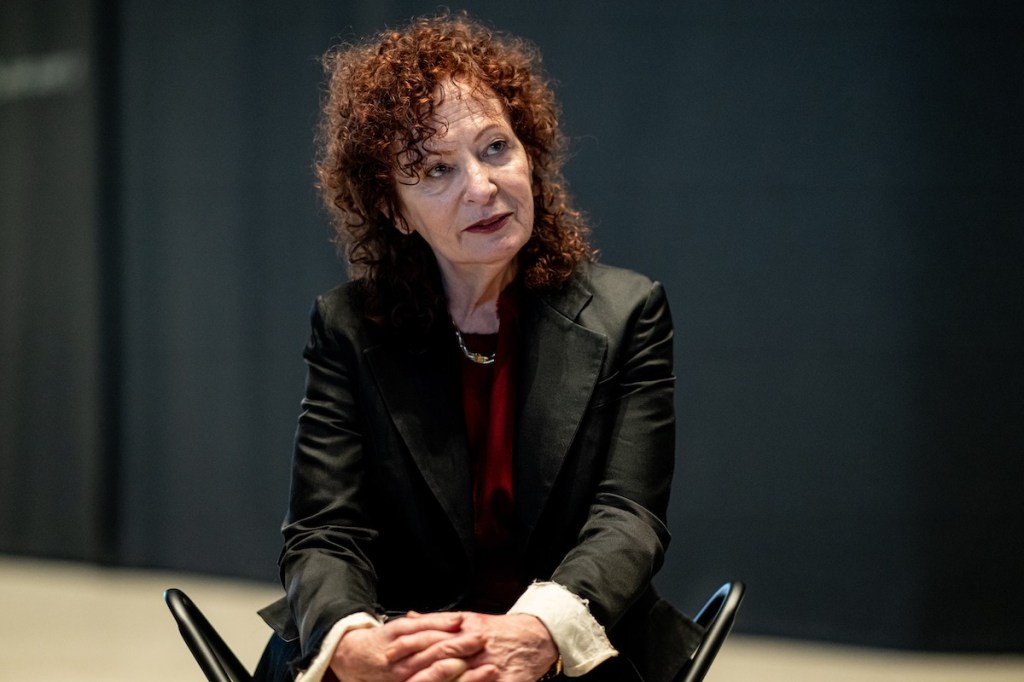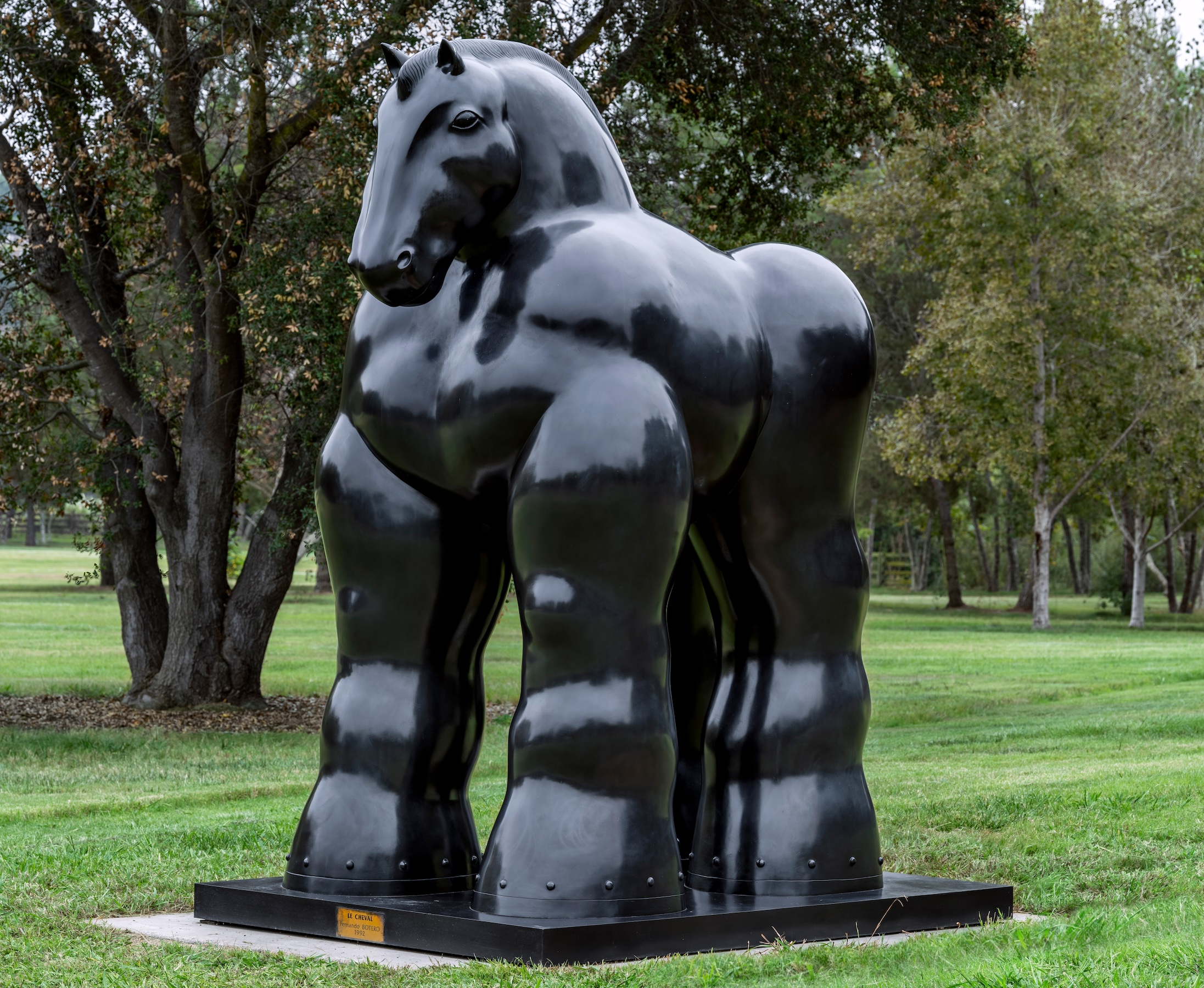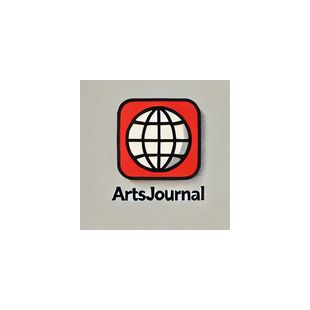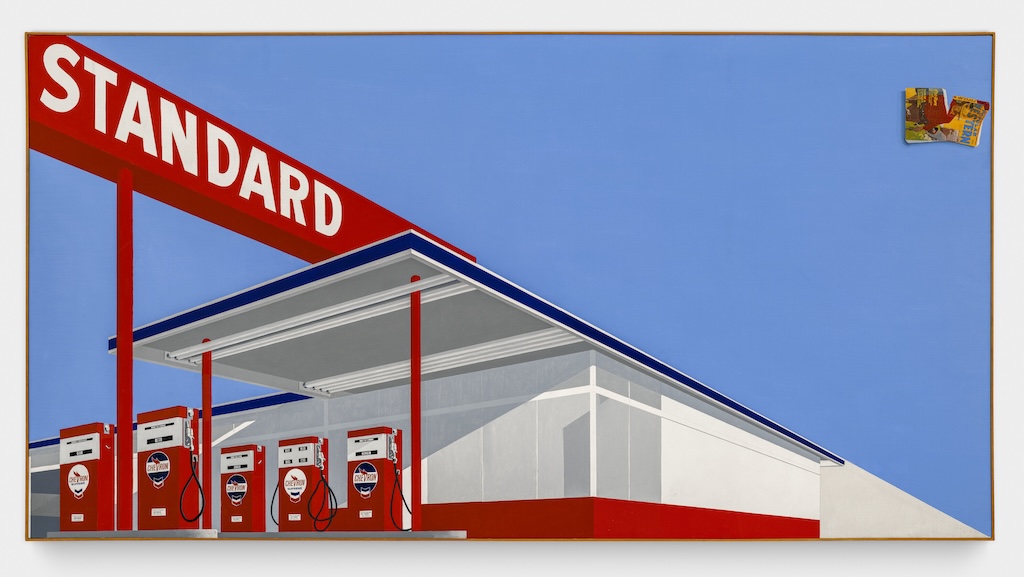Art lovers around the world consider a glass of champagne to be an essential part of the fair-going experience, all the more so if they can have the opportunity to check out a new art installation at the same time. This is the idea behind Maison Ruinart’s long-running annual Carte Blanche program which, since 2008, has invited artists to create an artistic response to the champagne house, to be exhibited globally.
The latest collaboration, “PROMENADE(S),” a new series of works by Eva Jospin, was launched earlier this week in Paris. The French artist is best-known for her large-scale cardboard sculptures as well as for being the daughter of France’s former prime minister, Lionel Jospin. Last year she also made headlines after one of her vast Baroque grottos was featured on the Dior runway at Paris fashion week.
Eva Jospin’s grotto for the Christian Dior Spring/Summer 2023 show at Paris Fashion Week. Photo: Adrien Dirand.
The intricate, almost Arcadian worlds built by Jospin out of layers of cardboard for “PROMENADE(S)” are filled with architectural ruins and wild, sprawling foliage.
A selection of works from the collection will soon be traveling to an art fair near you. This year, the exhibit will crop up at MIART in Milan in April, Frieze New York in May, and Frieze London in October, before again hopping the channel to the French capital for Paris+.
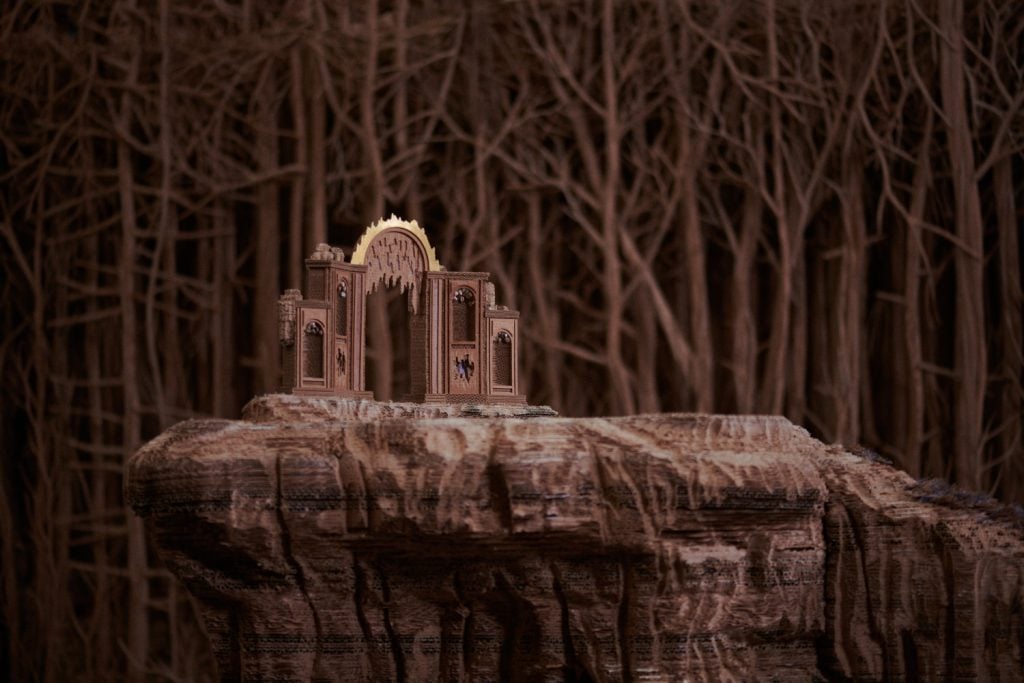
Eva Jospin, Chef d’Oeuvre #5 Crayère (2022), part of “PROMENADE(S).” Photo: Flavien Prioreau. Courtesy of Maison Ruinart.
The works were inspired by a stroll through the vineyards on a recent trip to Maison Ruinart in Reims. The region’s environmental conditions, or terroir, begin the sparkling wine-making process, which Jospin was invited to watch unfold before returning to her studio to create a new series of drawings, sculptures and embroideries that transport viewers into her reinterpretation of the Champagne countryside.
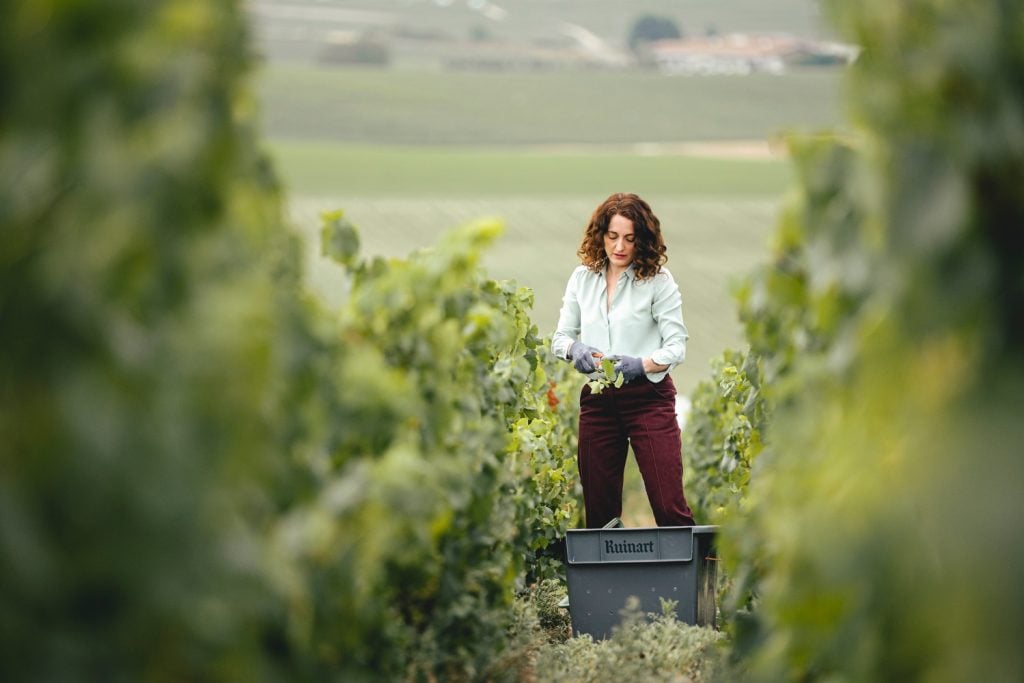
Eva Jospin in the vineyards of Maison Ruinart. Photo: Mathieu Bonnevie. Courtesy of Maison Ruinart.
“With my artworks, I don’t tell a story,” Jospin explained in a statement. “I create a world in which the story takes place and lives.”
Each of these works carries a rustic, timeless quality that is also reflected in the exhibition’s centerpiece, Carmontelle, the term for a roll of paper with rotating pastoral scenes—which harks back to the 18th century’s Age of Enlightenment and, simultaneously, the earliest years of Maison Ruinart. The evocation of land and soil also touches on contemporary concerns, including the importance of climate and biodiversity, both essential for wine-making and issues at the very heart of the champagne house’s mission.
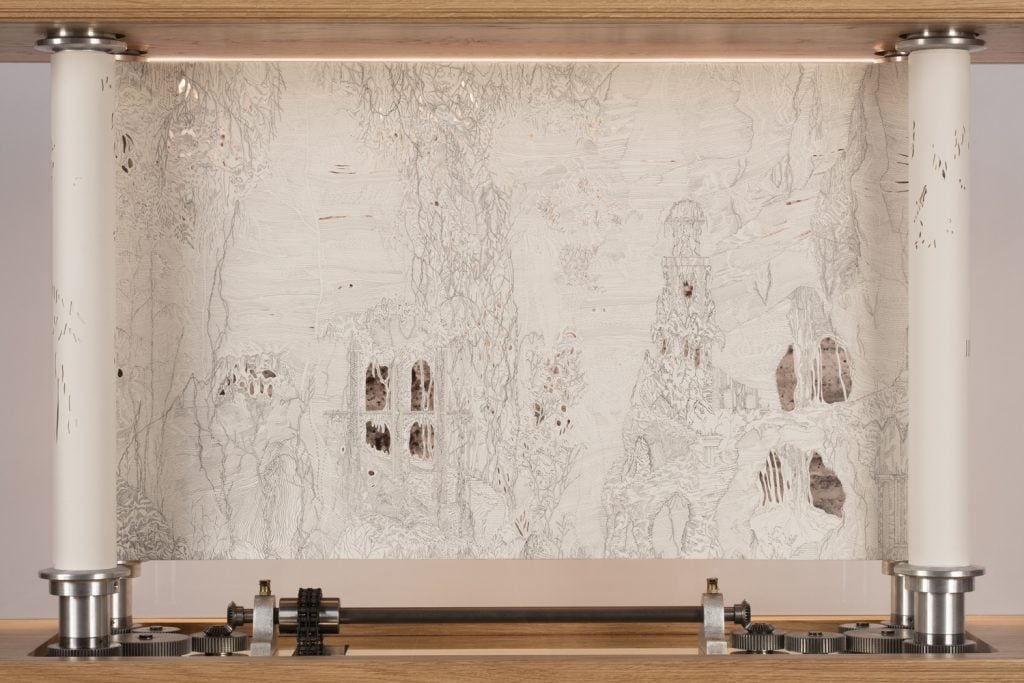
Eva Jospin, Carmontelle (2022). Photo: Benoit Fougeirol. Courtesy of Maison Ruinart.
A special-edition case based on the artwork will accompany just 25 signed and numbered Jeroboams (3 liters, or 4 bottles) of the house’s revered Blanc de Blancs cuvée. Price will be shared upon inquiry.
More Trending Stories:
Follow Artnet News on Facebook:
Want to stay ahead of the art world? Subscribe to our newsletter to get the breaking news, eye-opening interviews, and incisive critical takes that drive the conversation forward.







